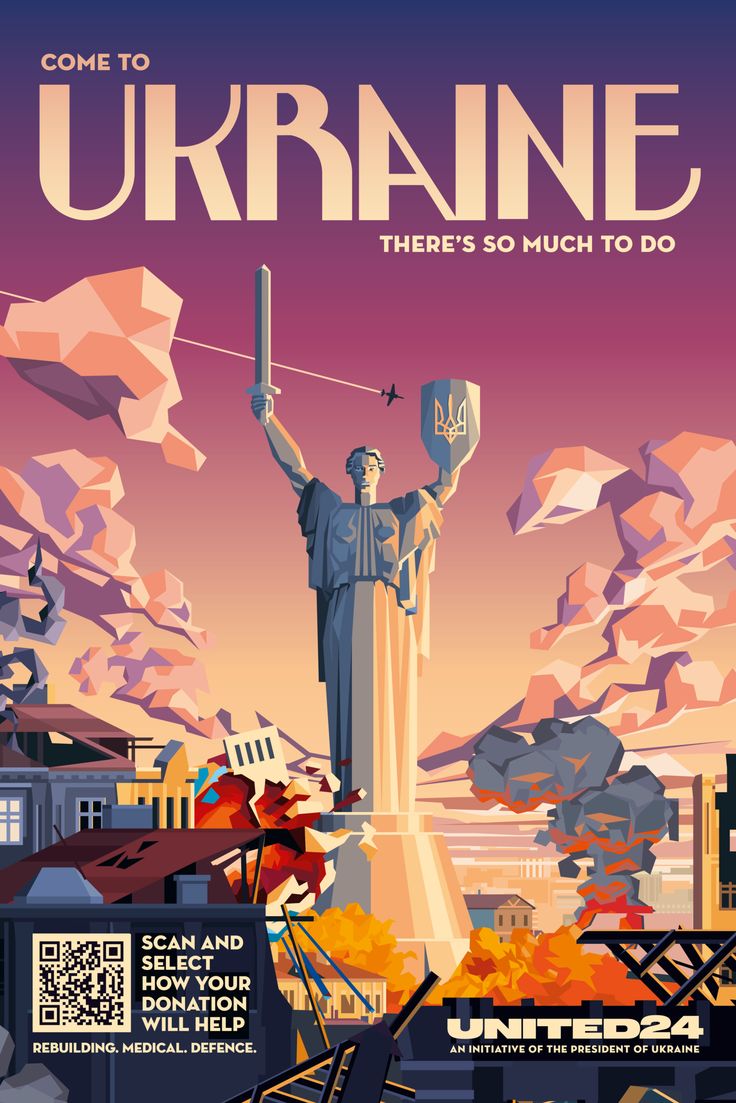Procedure for investigating war crimes
War crimes are among the most serious violations of international humanitarian law, including murder, torture, ill-treatment of prisoners of war, destruction of civilian objects and other gross violations. Investigating such crimes is an important step in ensuring justice, bringing perpetrators to justice and preventing future violations. In this article, we will examine the procedure for investigating war crimes, the main international norms governing this process, and the challenges faced by investigative bodies.
International legal standards
International humanitarian law (IHL) and international criminal law establish the basic principles and rules governing the investigation of war crimes. The main documents include the Geneva Conventions of 1949, their Additional Protocols of 1977, the Rome Statute of the International Criminal Court (ICC) and other international treaties.
Geneva Conventions and Additional Protocols: Establish rules governing the protection of victims of armed conflict and oblige states to investigate and prosecute perpetrators of serious violations.
Rome Statute of the ICC: Defines the ICC's jurisdiction over genocide, war crimes, crimes against humanity and the crime of aggression. The Statute also establishes procedures for the investigation and prosecution of such crimes.
TheUN Guidelines to Combat Impunity: Establish international standards for the effective investigation of serious human rights violations, including war crimes.
Main stages of investigation
War crimes investigations go through several main stages, which include gathering evidence, identifying suspects, conducting trials and executing sentences.
Initial stage: This involves obtaining information about possible war crimes. This may come through reports from witnesses, victims, NGOs, the media or international organisations.
Collection ofevidence: One of the most important stages of an investigation. It includes documenting the crime scene, taking witness statements, medical examinations, collecting physical evidence and analysing documents. It is important to ensure that all evidence is collected in accordance with international standards so that it can be used in court.
Identification of suspects: This includes identifying individuals who may be responsible for war crimes. This may include analysing command structures, the role of suspects in the armed forces and their actions during the conflict.
Conducting a trial: Once the investigation is complete, the case file is submitted to the court. The trial should comply with international fair trial standards, including the right of the accused to a defence, access to legal counsel, the presumption of innocence and the independence of the judiciary.
Executionof sentences: If the defendant is found guilty, the sentence must be carried out in accordance with international standards, including the humane treatment of prisoners and the protection of their rights.
Challenges in the investigation of war crimes
Security of investigators and witnesses: In conflict zones, the safety of investigators and witnesses is a serious concern. Witnesses may fear retaliation or intimidation, making it difficult for them to participate in investigations.
Access to evidence: In areas of active hostilities, it is often difficult to collect evidence due to insecurity, destruction or denial of access by the warring parties.
Political pressure: War crimes investigations may face political pressure or obstruction from governments or influential individuals, which may affect the objectivity and impartiality of the investigation.
Legal and jurisdictional challenges: International tribunals and domestic courts may face jurisdictional issues, especially if suspects are located outside the country or have foreign nationality.
International experience.
Learning from international experience in investigating war crimes can help improve national justice mechanisms. For example, the International Criminal Tribunal for the Former Yugoslavia (ICTY) and the International Criminal Tribunal for Rwanda (ICTR) have accumulated considerable experience in investigating and prosecuting war crimes.
ICTY: Established in 1993, this tribunal has tried numerous cases of war crimes committed during the conflicts in the former Yugoslavia. Its work has included evidence gathering, investigations of command structures, and trials of high-level officials.
ICTR: Established in 1994, the ICTR has dealt with cases of genocide in Rwanda. The tribunal has investigated and prosecuted those responsible for massacres and other serious violations of international humanitarian law.
Conclusion.
Investigating war crimes is a complex and multi-stage process that requires international cooperation, high standards of evidence and protection of the rights of the accused. International humanitarian law and international criminal law establish clear rules and procedures that must be followed in the investigation of such crimes.
Effective war crimes investigations face numerous challenges, including the safety of investigators and witnesses, access to evidence, political pressure and legal issues. Overcoming these challenges requires decisive action by the international community, governments and human rights organisations.
Implementation of measures aimed at improving the investigation of war crimes will contribute to the strengthening of the international legal order, the protection of human rights and the provision of justice even in the most difficult conditions of armed conflicts.
So, it doesn't matter if you need a lawyer's advice or a lawyer's advice. Legal marketplace "CONSULTANT" will help you solve any problem! All the necessary services at any time: analysis of documents, legal analysis of the situation, legal analysis of the situation, written advice, verification of documents by a lawyer, legal analysis of documents, legal opinion of a lawyer, legal opinion of a lawyer, legal analysis. Are you looking for an online lawyer or a lawyer online? Choose CONSULTANT - a lawyer is always at your side!
Our legal opinion and legal opinion of a lawyer, legal analysis with a lawyer online and legal advice will help you at any time! Order a document review by a lawyer and general legal analysis right now! And with the services of a lawyer's consultation and document analysis with a written consultation - you will get the whole range of necessary services!

































